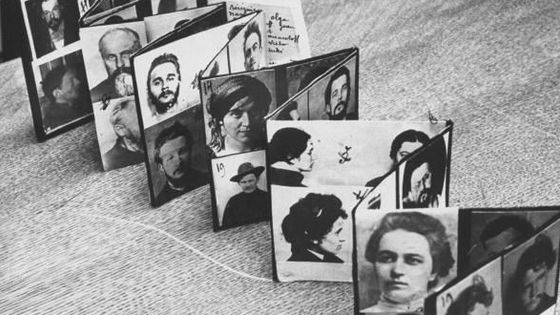
If the opening credits of Tiger Brigades arouse some nostalgia in you, I regret to tell you that you haven’t been twenty for… more than twenty years. Because it was from 1974, in the France of Valéry Giscard d’Estaing, that we reveled in this television series featuring the adventures of Commissioner Valentin and Inspectors Pujol and Terrasson. Heroes of the mobile brigade created in 1907 by Clémenceau, these characters implemented the new methods of scientific policy, in order to defend the Republic. Against who ? Against the thugs of the Belle Époque, but also against the anarchists — even if, from 1978, at the precise moment when the question of terrorism arose again in France, the series muted this theme of the relationship between violence and policy.
This is exactly the question we are going to ask today – what is a political police, how to corrupt the press, infiltrate revolutionary movements and disturb the political order by the maneuvers of the agents? provocateurs?
The masters in the matter are undoubtedly the Russian agents of the Tsars’ secret police, the famous Okhrana, which set up its offices in Paris at the time of the Tiger Brigade. Welcome to the world of political destabilization, anarchists and infiltrators, double and triple agents, cops and revolutionaries, Rasputin and The Protocols of the Elders of Zion. We talk about it in “History of” with the historian Alexandre Sumpf, author of the book Okhrana. The secret police of the Tsars, 1883-1917, published by Editions du Cerf, soon joined by our members of the day, Ludivine Bantigny and Thierry Sarmant.
Bibliography
Alexander Sumpf, Okhrana.
The secret police of the Tsars, 1883-1917, Paris, Deer, 2022.
Alexandre Sumpf, Raspoutine, Paris, Perrin, 2016.
Alexander Sumpf, From Lenin to Gagarin. A social history of the Soviet Union, Paris, Gallimard (“History Folio”), 2013.
Victor Serge,
Memoirs of a Revolutionary, P.Aris, Robert Laffont, “Books”, 2000.
Hans Magnus Enzensberger, The Dreamers of the Absolute, Paris, Allia, 1998.

